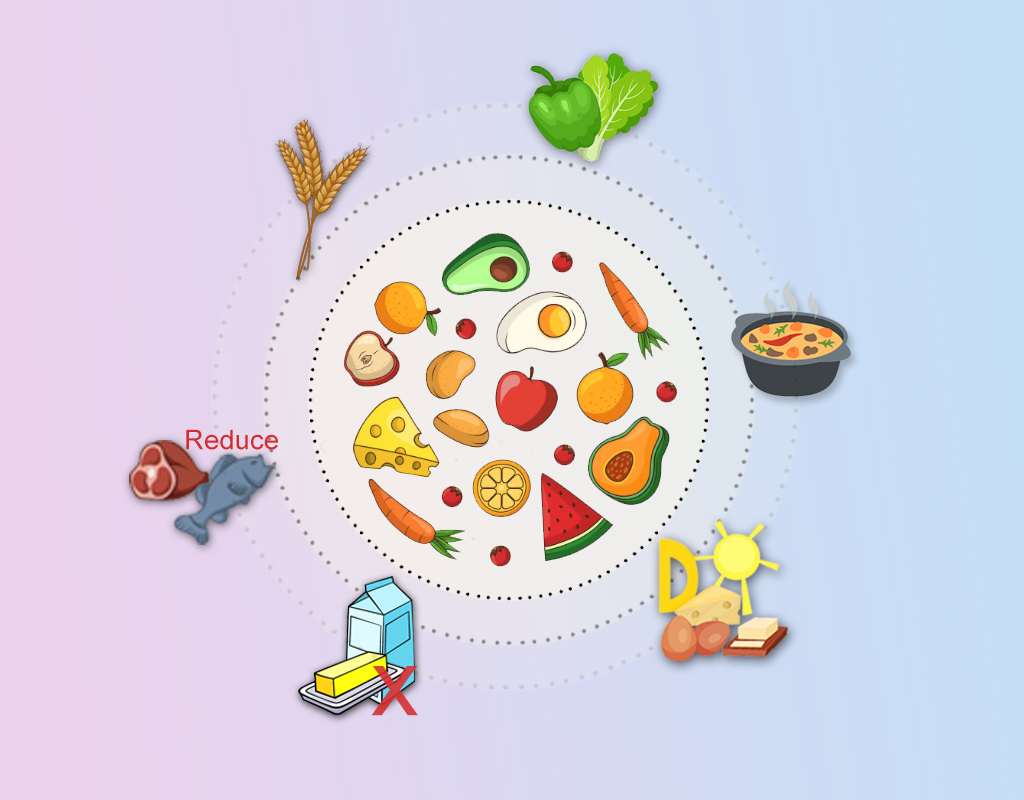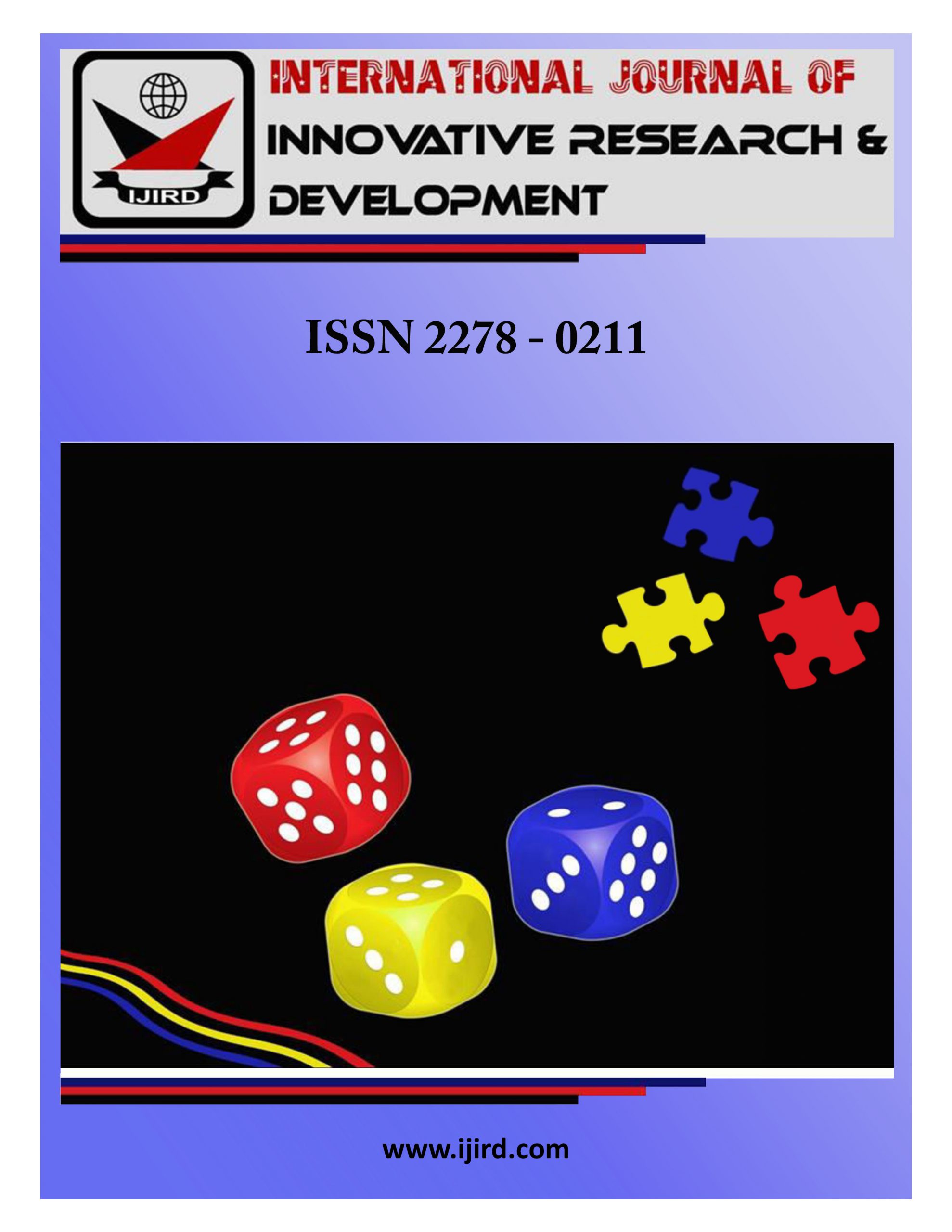We should always follow a good food and nutrition guidelines for a healthy life procedure. Let’s face it, no type of eating or dietary habit can boost our immunity against COVID-19 infection and that’s the reason we all need to stay home. But good food and a healthy lifestyle inside the house will keep our body and mind in balance so that we can function well even when locked down in a coercive environment. Especially, for researchers, it is important to be in good mental health because we have so much of stress and pressure while working on our research, looking for publishers, and thinking of deadlines. A sane and healthy lifestyle will help us stay updated to journal call for papers. Following a few tips on nutrition can ease up matters when you have to choose your diet carefully not only based on nutrition but also availability.
Choose Whole Grains over Refined Grains– Whole grain items are always fiber rich so they keep the digestive system well-functioning. During a lockdown period, when your body is mostly at rest; not having chances to go to the gym or workplace; when natural motion is restricted, digestive problems, bloating etc. are common in the body. High fiber diet helps reduce stomach and gastritis issues. Also, whole grains like brown rice, wheat flour meals, steel-cut oats etc. are very filling, so you need to eat less amount to fill your appetite; that also helps immensely in saving ingredients during a lockdown.
Do not Overpurchase– Shopping is another thing that needs our attention during a pandemic situation. Panic buying behaviour stacks up our refrigerators, increases cost of products, fuels overeating, unequal distribution of products and has many such bad effects on you and the economy. Buy only what you need. Buy ingredients which can be cooked at home like whole grains, pulses etc. which will last longer and also provide nutrition to your body. But there is no point in buying 20 bags of rice when another person cannot get even one. Be mindful.
Try Eating Fresh– Well, though WHO can advice people to concentrate on fresh fruits and vegetables, but in reality, this is impractical. When many stores across the world are cut down on fresh supplies of meat, fish and vegetables, dieting on fruits and vegetables cannot be an option, especially when you are locked down in your houses. We all know that fresh supplies won’t last long and we have to go to market often if we are on fresh fruits and vegetables alone. But eating fresh doesn’t only mean you have to buy from store all the time. If you have some garden space, try growing some vegetables. Bell peppers, tomatoes, cabbages and cauliflowers are easy to grow and they are totally organic. Buy fresh fruits which have a skin like banana, watermelon, orange etc. where you can remove the skin. Eat vegetables after soaking them in hot water, and then cooking them properly. By eating fresh, I mean, cook your food well and do not eat processed food, and balance your diet with all kinds of vitamins.
Cook Food at Home– Many countries across the world are culturally motivated to buy ready meals, processed food and eat out. As during a pandemic, options for eating out are highly limited, also, contact with restaurateurs, cooks, and delivery men can increase your chances of infection, it is better to cook your own food. That way you can ensure your food is rightly cooked to kill all germs; also you can avoid encounter with the outside world.
Reduce Animal Protein– you have to have a balanced diet; you cannot be eating animal proteins all the time, if your body needs to be healthy. Also, you cannot be omitting them, if your brain needs to function systematically. But during a virus infection in the world, fresh fish and meat are limited; you cannot be sure of what you are buying. Moreover, chances are that animals may also be infected with the virus, so even though animal proteins are essential, we may have to reduce them during a lockdown.
Reduce Fat Intake– When your body is having fewer chances to sweat out, you have to be mindful about what you eat. Researchers at home have to be careful about their health especially when they have to keep at the mighty task of carrying on a research during a pandemic and that too from home. Replace saturated fat with unsaturated fat, if you cannot cut it down altogether.
Take Vitamin D– When we are having fewer chances to go out, and expose ourselves to sunlight, we need to take care of Vitamin D in our bodies. Eat foods that are rich sources of vitamin D. You can take supplements as well.
In general, staying hydrated with water, avoiding sugar content in food and things like that can keep our bodies and minds healthy. We can keep working on our researches and keep attending to journal call for papers, if we are mindful about what we eat, how much we eat, what we buy and how much we buy. This helps us as well as our families.










